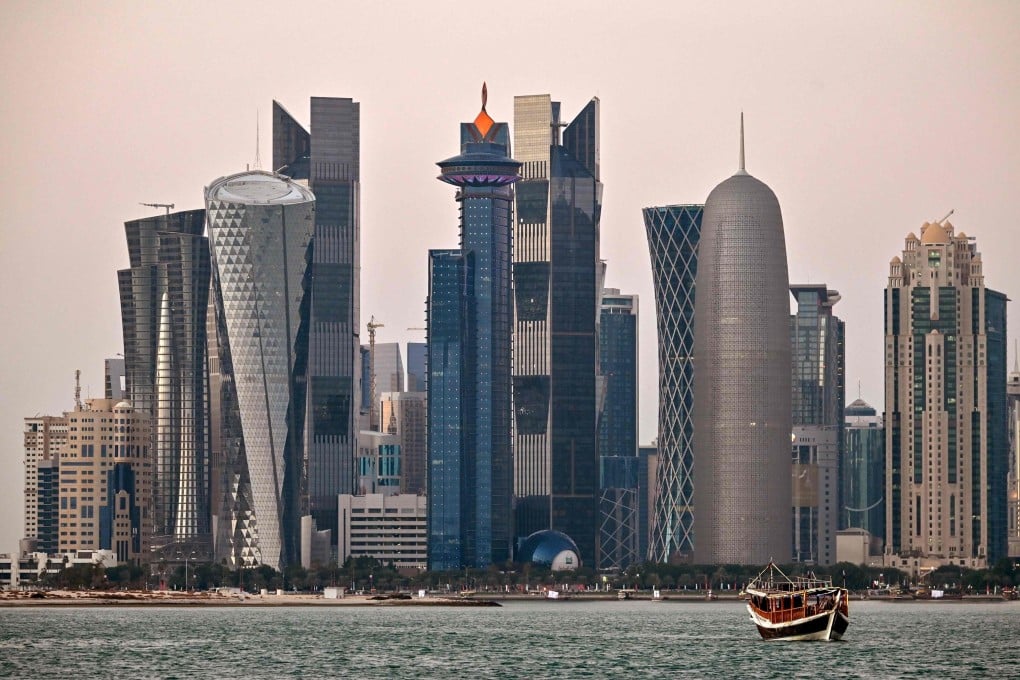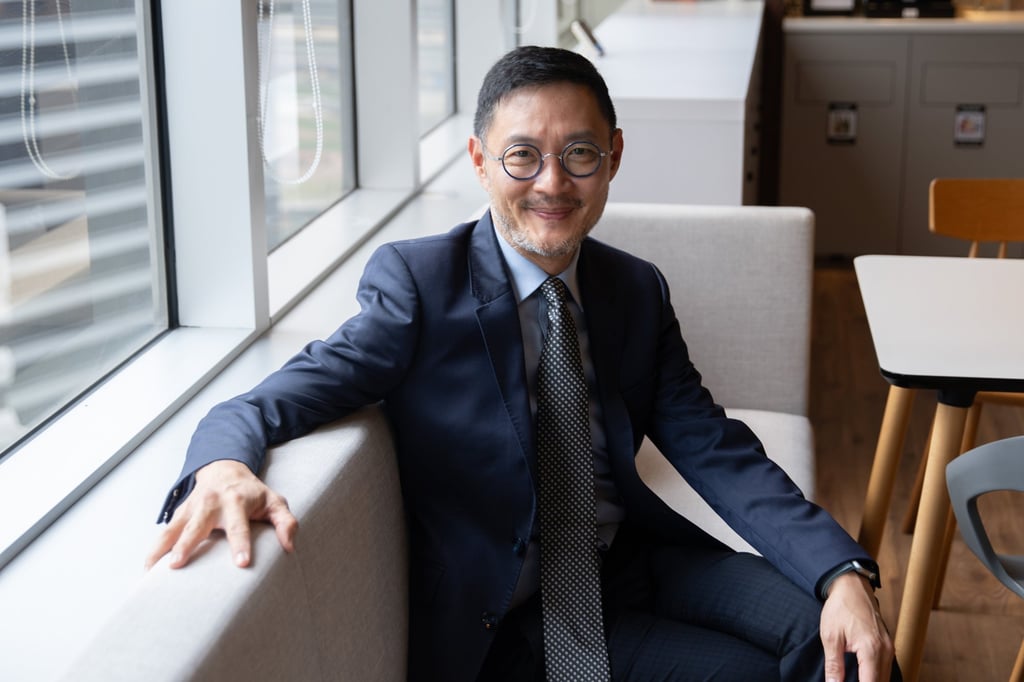Chinese companies look to Qatar as Middle East entry point, alternative to fickle West
- With the Middle East and Africa emerging as prime investment destinations, Chinese companies are considering Qatar as an entry point to the regions
- Persian Gulf country would provide an appealing alternative to Western markets, which have grown more sceptical of Chinese business presence

Doha will be the “first stop” for many Chinese firms as they seek to tap markets in the Middle East or Africa, according to the head of the Qatar Science and Technology Park – a prediction keeping with Chinese investment trends, as capital gravitates away from tightly scrutinised Western markets and closer to emerging regions.
The Chinese manufacturer said it intends to collaborate with the park to develop smart mobility technologies, and is “keen to help support” Qatar in its sustainability efforts.
“The change of systems [from one place to another] involves a lot of fundamental work on research and development,” Lau told the Post in an interview at his office.
“There’s a lot of testing in engineering and analysing various sets of data. Businesses don’t know what they don’t know, so there’s a need for them to stay in a place to develop R&D work and learn the market’s demands.”

A former adjunct professor at the Hong Kong University of Science and Technology, Lau said he is bridging differences of understanding between Chinese companies and the Qatari government, as firms from China often come to Doha only looking for markets to sell their products or clients to finance projects.